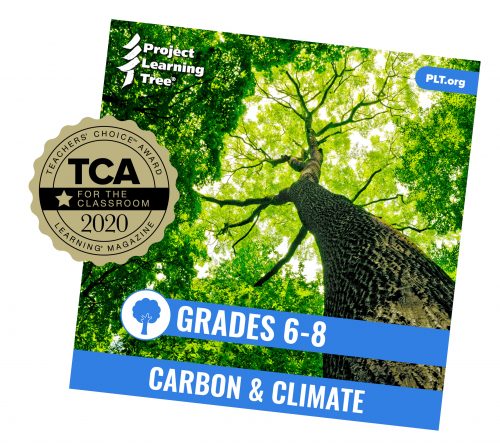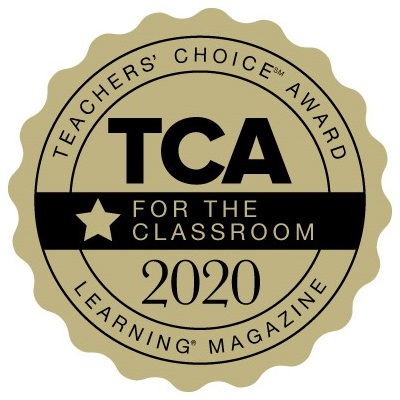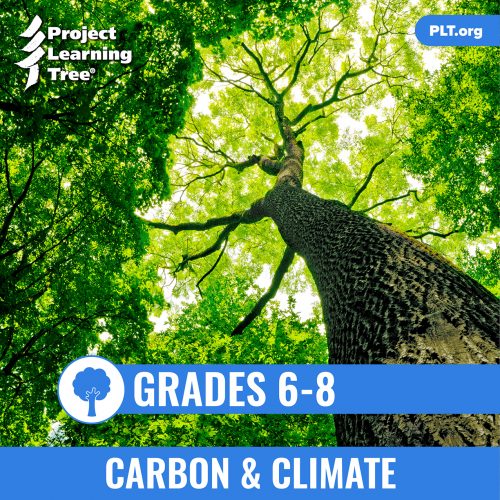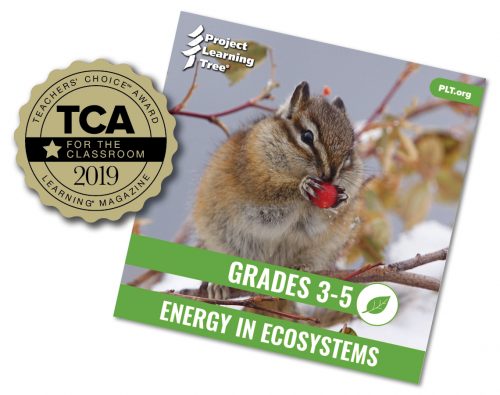By Molly Badrawy
During winter 2020-21, when the return to school was imminent but uncertain, the principal of our high school forwarded an announcement from the NH Timberland Owners Association (NHTOA) inviting teachers to spend 4 days in the White Mountains in July 2021 to learn about environmental and place-based education resources for use across the curriculum. I jumped at the chance and responded affirmatively, immediately! As one who loves the outdoors, but who experienced too much time in my COVID triangle (home, school, supermarket), it was a great chance to better understand best practices for getting kids outside, and also a chance for some solo, soul-searching, and reflection. When OWP (Ohio Writing Project) offered a hybrid Placed-Based Writing and Learning that dovetailed with the NHTOA Teacher’s Tour, I knew the experience was meant to be, with one experience complimenting the other. More importantly, I theorized that the experience of finding new strategies for encouraging outdoor learning and writing, along with its mental health bi-product could be extremely beneficial for the millions of US teachers, staff, students, and parents, and for me during our uncertain times.
As the time drew closer, emails were exchanged with NHTOA Program Director, Cheri Birch, directions were given, and expectations were set. However, to make the experience a special one for me, I strived to imagine a smoother transition from the chatter of home in post-COVID (we hope) Peterborough, New Hampshire, to the open-road, traveling alone to spend time with people I didn’t know, in a beautiful location. I opted to take the roads less traveled-by (no interstates) without radio or music, and only the soothing voice of Siri, directing me left and right. The road trip itself was an interesting experience that will be described later in this paper, but first, a little about this professional development experience.
Background
The Sustainable Forest Initiative (SFI) together with Project Learning Tree (PLT), and the New Hampshire Timberland Owners Association(NHTOA) offered their first annual, 4-day, 3-night, professional development opportunity, “Forests of New Hampshire Teacher Tour” at the AMC (Appalachian Mountain Club) Joe Dodge Lodge in Pinkham Notch, New Hampshire in the White Mountain National Forest, between Tuesday, July 20th and Friday, July 23rd, 2021 (the 2020 tour was cancelled due to COVID). Because all of these organizations believe in the power of environmental, place-based education, the coalition brought together 15 teachers from around the state in hopes that they return and share information and resources with other teachers in their districts, and most importantly, with students, themselves.
During this 4-day stay learning opportunity, teachers would participate in model lessons provided by Project Learning Tree, learn how Forest Carbon might become lucrative, discover what it’s like to take a bath in the forest (Shinrin-yoku), gain an understanding of the research at Bartlett Experimental Forest, see forest and commerce partnerships via Madison Lumber, Nine Dragons Chipping, Randolf Community Forest, and much, much more.
The Road Trip
The American Road Trip is iconic because of the media images we connect it to; The Blues Brothers, Thelma and Louise, Planes, Trains, and Automobiles, and Travels with Charlie, just to name a few. An American Road Trip is undeniably intertwined with our American Westward-Ho-Imminent Domain-DNA. We’ve just gotta and we wanna. As one with this DNA, a teacher taking a seminar about how to integrate the natural resources of New Hampshire into my teaching practice, I decided to take the slow route to our destination with no radio and the windows down. My goal was to enjoy the ride but also to pay attention to what I saw, consider places I might want to stop (or return to at another time), and to observe any patterns arising from one one town to the next.
According to Siri, the slow route was to have taken about 3 ½ hours without pitstops. In order to have plenty of time to stop in places that looked interesting, I uncharacteristically left early, giving myself plenty of padding to wander if I wished. The first 40 miles of the trip were well-traveled and known miles, however, when I reached the City of Manchester NH, New Hampshire’s most populous city (population 112, 109), instead of bypassing the downtown, I went directly into downtown, passing the repurposed Amoskeag Mills once the thriving heart of industry, past the Catholic Medical Center, and a few, past-impressive buildings. Next, it was broken, gray pavement, ka-chunk, ka-chunk with faded road markings, people walking around, looking like they weren’t really going anywhere, mom-and-pop stores of every variety with sandwich boards on the curb, and then, nothing but open space. And suddenly, The Dollar General Store! Obviously, in a state where the largest city is just over 100K, it is a state of small towns, and each one of these small towns has its very own Dollar General Store, even in New Hampshire, hundreds of miles away from its humble roots in Scottsville, Kentucky.
The middle part of New Hampshire is called the Lakes Region , home to Wolfeboro, the oldest resort town in the United States, dating back to 1770 when so-declared by British Governor Wentworth, as well as Squam Lake of On Golden Pond fame. The final leg of the trip was heading to The White Mountains, the crown jewel of which is Mt. Washington, the highest mountain on the eastern seaboard, and part of the Appalachian Mountains. The Whites are a big draw for family vacations, especially for young families. Our family always took summer trips to the Whites when our kids were little, and like many New Englanders, visiting places like Storyland and Santa’s Village are rights of passage. Heading up Route 16 to Pinkham Notch to the Joe Dodd Lodge, taking in the beauty of the mountains around, I promised that I was creating a new tradition for myself.
Finding Meaning, A Whole New World, and Shinrin Yoku
While the irony of being the first to arrive at the Joe Dodge Lodge for the Teacher Tour will be lost on folks who don’t know me, the irony of not taking the time to stop in Wolfeboro (an interesting, historical spot) was not typical of me. Being on time was not the issue. In trying to make meaning of my behavior, I reasoned that the purpose of this experience was (of course) to learn something new to take back to my school, to regain that lost wanderlust spirit, and to remember what it means to be a part of nature, not owning it, but residing in it.
First, what can I take back to my school? To begin, I must come clean. I’ve been wrong about something my whole life. I’ve heard about the forester profession for years. It’s kind of a magical sounding profession and I like the idea of it. I imagine someone dressed in green, smiling and greeting animals and rubbing elbows with the trees. Most of us do. We like the idea that someone is walking around in the forest for a living, probably employed by a governmental organization to keep an eye on things out there in the wild. However, I learned that my idea of what a forester does is closer to Ranger Rick, the raccoon forester mascot of the National Wildlife Federation Children’s Magazine. Thanks to NHTOA Director, Cheri Birch’s, program organization, our field-trips to multiple locations across the region unraveled the mystery of carbon storage vs. carbon sequestration, brought us face-to-face with real-life foresters, research scientists, and entrepreneurs making a living from forests, as well as the locations where forest products were used; paper mills, lumberyards, maple sugaring stations. In addition, Project Learning Tree’s state coordinator, Anjali Longan, provided model interactive lessons (in one, we all got to be parts of a tree) and shared materials and resources all with the goal of educating teachers and youth about forests and the environment. However, the thing that helped me to reconnect with land that was entirely unexpected was an evening experience seminar given by Plymouth University Professor, Mary Ann McGarry
Now, I know what you’re thinking. Forest bathing? Do you need a swimsuit? Actually, forest bathing is the English translation for Shinrin Yoku, a practice not dissimilar to the Sit SPOT (Sensory, Perceptions, Observations, and Tell”). Shinrin Yoku has experienced mainstream support of the Japanese government as a foil to karoshi (literally, death by overworking), and is now taking hold in the United States for the health benefits associated with the practice. No bikini needed.
Forest bathing for our group of nine teachers began following an introduction and explanation by Dr. McGarry, who recommended we anoint our wrists with lavender oil just before crossing a bridge (the threshold), after which we were to remain completely silent. We followed the tambourine-shaking Dr. McGarry, who “dropped-off” each bather at a random location in the forest. To bathe, we were told to spin around and then find something in the forest to hyper-focus on with our sight. The spin/focus method was repeated to include smell, hearing, and touch, after which we were collected up, and silently crossed the bridge-threshold before reporting out the experience.
Everyone’s experience was different. One member connected the formation of a group of trees which were positioned perfectly to support an upright stance to a family unit, while another focused on how lightning had impacted the knots in a tree. For me, the hyperfocus anthropomorphized the forest settings. I saw the exact-and-opposite leaves on the fern as praying hands, the maple leaf, with its five-points as a human hand, the soft moss as something to sleep on, and the breath I was breathing as a union, as a way to leave no distance between the forest and me. This experience was simple but with results true and clear. Finally, rather than seeing a location as an unforgiving backdrop, it finally offered me the opportunity to embrace place.
Conclusions
When I began my professional career, I approached the brave new world of digital and virtual with trepidation, with one foot firmly planted on the analog continent. My boss knew this about me. Unprompted, one day he said,
“At first, the computer system will be the hardest, because you make it the hardest, and the dealing with people part will be the easiest. Eventually, the computer part will be second nature, like driving a car, but the people part of the job will keep you on your toes.”
The word of the last year, often tearfully received by colleagues and students, has been pivot, the greatest challenge of which has been translating what we do in the classroom to a computer screen, and while we have made enormous leaps unimagined 18 months ago, the biggest problem has been that while we’ve learned how to use multiple platforms in attempts mimic what happened in the classroom, the “old” experience is not entirely replicable, the virtual experience is another animal and we do have to reinvent, like it or not.
The strength of Place-Based Education in this brave new world is that it plays on the environmental maxims of reduce, reuse, recycle, and encourages us to use those underutilized resources that were there all along. My experiences with Place-Based and environmental education this summer will inform practices that I can bring back to school, the least of which is to encourage healthy, outdoor, multi-modal strategies for learning, as well as for mental and physical health for myself and for my students and colleagues, and with these strategies I am ready to embrace place in a whole new way.
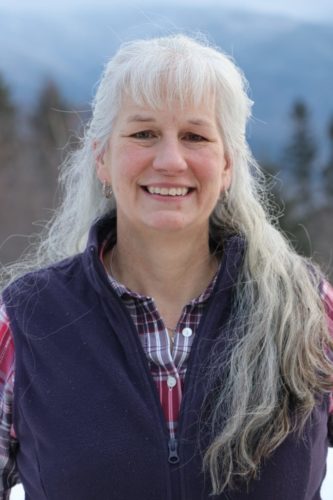 ogram is designed for teachers and other educators, parents, and community leaders working with youth. Specifically, PLT is committed to advancing environmental education, forest literacy, and green career pathways, using trees and forests as windows on the natural world.
ogram is designed for teachers and other educators, parents, and community leaders working with youth. Specifically, PLT is committed to advancing environmental education, forest literacy, and green career pathways, using trees and forests as windows on the natural world.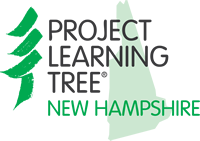
 inable forestry plays in battling climate change.
inable forestry plays in battling climate change.

